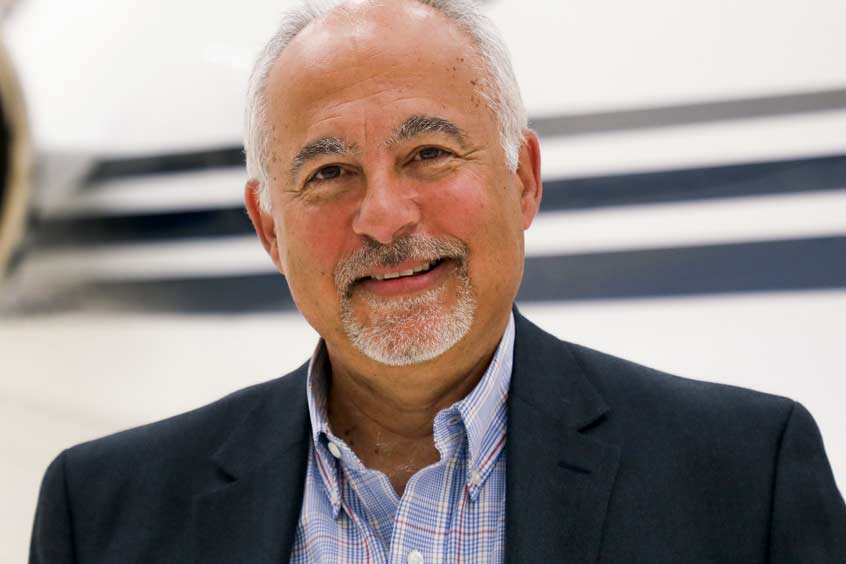Why visit ACE ’25?

Canadian corporate aviation firm Innotech-Execaire Aviation Group notes that, while the effects of the COVID-19 pandemic on air travel have been far reaching, there is an increased interest in private aviation as an alternative to commercial travel, as availability of scheduled flights continues to fluctuate.
The company says that flying privately does reduce the traveller’s potential contact with COVID-19, mostly due to operator sanitisation protocols and the fact that travellers don’t have to navigate their way through airport terminals where risk increases at every touchpoint. In addition, business aircraft offer another layer of protection – new air that is continuously drawn in from outside through engine intakes to refresh the cabin during flight. This air is then circulated and expelled rather than filtered and recycled.
According to Innotech, when it comes to aircraft sanitisation and disinfection protocols, for travellers to reap the benefits, operators must follow sustained and robust cleaning protocols before, during and after flights. Passengers should confirm with their operators that protocols are based on guidelines from appropriate health and industry authorities, such as the World Health Organization (WHO), the International Air Transport Association (IATA), and local authorities such as the Public Health Agency of Canada.
“Aircraft operators must adjust to the pandemic realities and follow the guidelines from these organisations. If they need to make changes to their disinfection protocols, now is the time,” says George Zarikos, director of maintenance and a 40-year veteran of the commercial and private aviation industries. “Deep cleaning and disinfecting of the cabin must be undertaken after every flight, using approved anti-viral products that are effective not only against coronavirus but against other enveloped and non-enveloped viruses as well.”
Part of the aircraft disinfection process is also making certain that staff have been trained on proper decontamination methods for aircraft cabins. “PPE is a must for cleaning and grooming staff, but the operator should also offer proper training for hazardous waste disposal and the use and handling of disinfectant products,” explains Zarikos. Training is essential for employee health and safety, and to avoid any damage in the aircraft’s soft materials.
Zarikos concludes: “The operator’s priority is everyone’s safety. Both passengers and crew must follow the guidelines. And keeping abreast of any changes made by health and industry authorities is essential. If you’re in doubt, contact your operator and ask for information about their sanitisation and disinfecting protocols.”